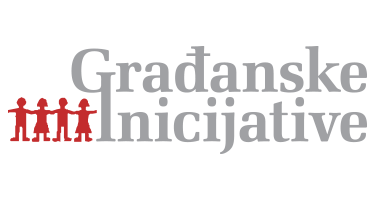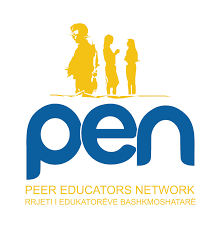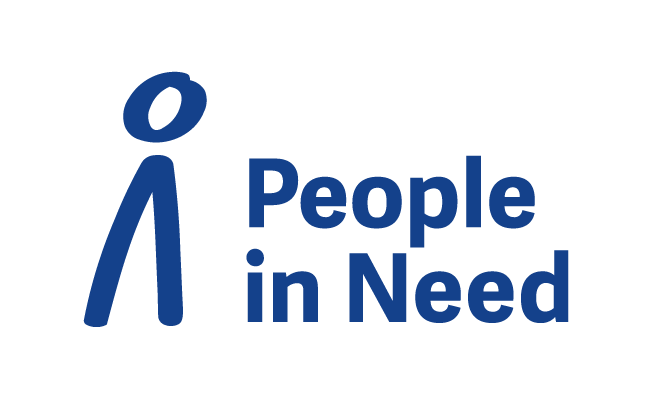Amplifying local voices for equitable development (ALVED) is a 30-month project funded by the UK government’s Conflict, Security and Stability Fund and implemented by a consortium of organisations comprised of Peaceful Change initiative, People in Need, Gradjanske Inicijative/Civic Initiatives (Serbia), Peer Educators Network, and Aktiv (both Kosovo).
The project aims to promote, explore, develop and implement innovative practices that enable participative decision making that is successful in transcending barriers between different groups in Serbia and Kosovo and to engage the project’s stakeholders in analysing the context in which this work takes place with a view to taking collaborative and strategic action in order to contribute to a more conducive environment for inclusive democracy to flourish and to have a positive impact on the lives of ordinary people.
Continued tensions between Kosovo and Serbia was coupled with their failure to make progress and achieve normalisation through high level political negotiations and the associated risk to regional stability. In this context the UK CSSF Western Balkans program sought to fund a 30-month cross border/local community project commencing in 2020 to forge links between institutions and civil society groups in the area of social service provision. The chosen implementing stakeholders would support and reward innovative and participatory practice that would benefit ordinary people, while at the same time contribute to the creation of an atmosphere that could in turn, lead to inclusive democracy.
At the same time, a worldwide pandemic started in 2020, continuing through 2021, and part of 2022. National elections resulted in a new Kosovo government in February 2021. The refusal in agreeing to allow the holding of a Serbian referendum on Kosovo territory later that year, together with its rejection in allowing in-Kosovo voting for Serbian elections at the beginning of 2022, set the scene for troublesome relations. This also had ramifications for inter-community relations on the ground.
The stop/start nature of The Kosovo Serbia dialogue ‘normalisation’ process contributed to a steady ratcheting up of tensions long before the genesis of the project and throughout its tenure. Disputes over the non-implementation of previous agreements specifically the freedom of movement number plates) issues, and the Association of Serb majority municipalities, eventually spilled over into security incidents. These initially provided the perfect backdrop for a complete breakdown in relations between the two sides when Kosovo Serb police, members of the judiciary and municipal elected officials, including the mayors, from the four Serb majority municipalities in northern Kosovo removed themselves from the Kosovo institutions at the end of 2022. In addition, the war in Ukraine also affected the already fractious relations between Kosovo and Serbia. A deteriorating situation on the ground in Kosovo resulted in the building of barricades in northern Kosovo following the arrest of a Kosovo Serb police officer. The ALVED project had to navigate within such a non-forgiving, fragile and polarised environment.
The project ‘Amplifying Local Voices for Equitable Development’ (ALVED) was implemented by a Project Consortium consisting of Peaceful Change initiative (PCI) as the lead partner and:



To receive updates from Peaceful Change initiative, including about our latest toolkits, reports, analysis and events, please subscribe below.